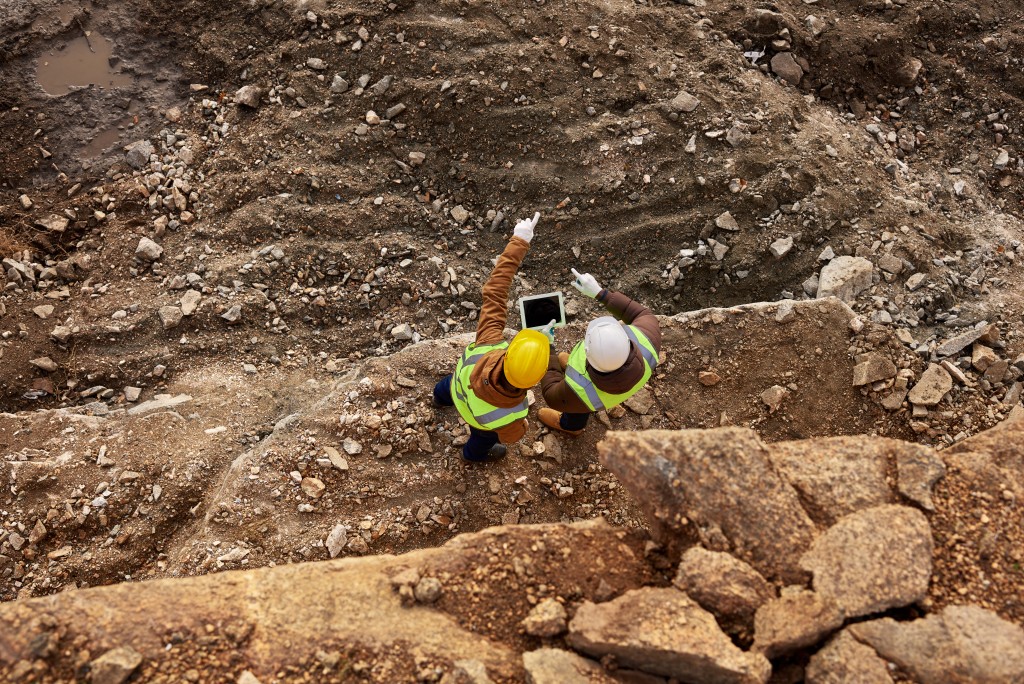You’re currently working for the sales department of a company that sells specialized excavator attachments. You’re also a part-time student at the South Dakota School of Mines and Technology (SDSMT) in Rapid City. The job helps pay for your schooling. You are also helping out at home to pay the bills. Your father has moved on from this life, and you’re helping out your mom to support the family.
You’ve always been fascinated by science and nature. You still have a few years to go before you complete the program. And you’re anxious about what it takes to enter a career in the mining industry.
Here are a few things that you need to know to get ready:
An Overview of the Mining Industry
The mining industry in America is currently experiencing a downward trend, but the 2019 projected revenue is still expected to reach $588 billion. With a strong call to shift from fossil fuels to renewable energy sources, coal mining, for example, has been the hardest hit in the mining industry.
Despite this, the number of businesses is thriving, with nearly 52,300 across America. Employment is at more than 830,000.
Starting Your Career in Mining

Studying in your current school would probably serve you well. According to a Bloomberg report a few years ago, the starting average income of graduates from your school is higher than the average starting salary of a graduate from Harvard University. The starting median income of $56,700 of SDSMT tops Harvard’s $54,100. Here are more things that you should note:
- Relocation and commodity search. Working in the mining industry means that you need to work where there is mining going on. You have to relocate. Your relocation will be dictated by which commodity and region you want to enter. Will you be interested in nickel, potash, copper, gold, or other metal? You need to do your research and determine where the demand for the job is.
- Schooling matters. Mining is becoming more sophisticated, and technology is continually utilized. This means that the bar on expertise has been set higher, and workers also need to have computer knowledge. The best way to achieve this level of skills and expertise is by completing a program in mining school. So your decision to study puts you on the right path. Likewise, as you move forward with your career, you would need continuous education to become more successful. You do this by getting the mining qualifications.
- Long working hours. Prepare to work long shifts and long hours. This could be somewhere between 10 to 14 hours per day. Physical conditioning is essential, and you might consider a good health insurance policy also.
- Build a network. Start getting in touch with people and organizations in the industry. Getting on social media and career sites like LinkedIn is an excellent way to connect to people and get updated on general trends in the mining industry. Get into the discussion and ask questions. You will gain insights that you might need later on when you start looking for a job.
There is a demand for workers in the mining industry. These pointers will help you in preparing for a career.
